How many earthworms does it take to make a fine wine? No, it's not a pre-emptive Christmas cracker joke. It's part of a massive issue facing the future of wine, according to influential soil consultants Claude and Lydia Bourguignon.
This article has been re-published after it was named winner of the best editorial / opinion writing category in the Born Digital Wine Awards, announced on 1 December 2017. It was originally published in January 2017.
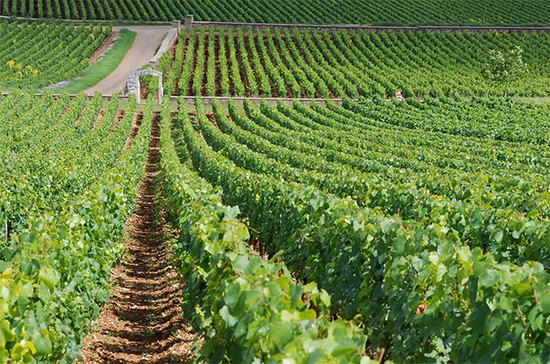
My mother is a lifelong gardener who has slowly but surely turned her hobby into a profession. As a pharmacy student in Manchester in the 1960s, she wrote her thesis on medicinal plants, and later did a PhD in garden history. She began writing books on botanical gardens as she stepped back from working as a pharmacist in hospitals, and now specializes in historical research into gardens of the 19th century.
I say all this because her background means that there are a handful of names that she already knows when I mention them in a wine context. There’s Hugh Johnson, of course. Which gardener doesn’t know about his many books on the subject and his rather glorious obsession with trees? But there was another name, or rather pair of names that I was more surprised to find that she knew about the other day; Claude and Lydia Bourguignon.
These are France’s most influential – although far from most famous – consultants, and I found myself having supper with them at Clos Mirande restaurant in Montagne St-Emilion in summer 2016. They don’t often come by Bordeaux, and have been known to be pretty scathing about much of its winemaking practices, so I usually only get to hear them speak at conferences on the microbiology of soils, their specialist subject.
You might think that sounds terribly uninteresting, but this husband and wife team are right up there with the most iconoclastic and unorthodox figures in the world of wine. They have spurned various official government bodies along the way to establishing their now thriving consultancy – at one point accusing Europe’s top agricultural research institute and their former employers INRA of being in hock to big agribusiness companies – and take an anti-establishment view on pretty much any subject you care to mention. Which is why I was very happy to have been invited to join them with Jean-Pierre Amoreau of Château le Puy – head of Bordeaux’s own first family of anti-establishment winemaking.
By the end of the meal (which was punctuated every few minutes by exclamations of ‘this is off the record’ and ‘we’ll talk more about this after you’ve left’), the Bourguignons had me convinced that the humble earthworm (le ver de terre in French) is the key to some of the finest wines on the planet.
Which is why I called my mother the next morning, as my go-to source of all things garden related. And it turns out that, like Johnson, the insights of the Bourguignons have proved invaluable to gardeners as well as wine lovers. At least ones who follow organic principles and prepare their own compost and various natural infusions for their plants, much of which is aimed at attracting earthworms who then tunnel down through the soil, increasing drainage potential and cluster around decaying matter to produce vermicompost, a kind of supercharged soil rejuvenator.
Claude and Lydia Bourguignon have specialized in this most specialist of subjects since establishing their LAMS consultancy back in 1989. INRA had not been sufficiently receptive to their concerns over the depletion of nutrients in the nation’s soils, and were unwilling to speak out about the effects of artificial fertilisers and pesticides. ‘Which is why we left’, says Claude. ‘We knew this was an essential topic for the future of agriculture’.
‘And there is still not a certification system that is based on microbiology of soils,’ adds Lydia, showcasing the striking habit that they have of picking up and finishing each other’s sentences. ‘We have lobbied for it, and we are still doing so. Because how can you grow healthy vines or any other plant on soils that are sterile and eroded?’
‘Since the 1950s, French soils have gone from containing 2,000kg of worms per hectare to under 100kg,’ Claude told his audience at a recent conference. ‘Which means they are not able to bring up vital chemical and organic matter to the surface, and not able to prevent potassium, phosphate and nitrogen being washed out in rain water’.
The culprits, of course, are chemical entrants into the soils, the use of heavy machinery for farming, and the widespread loss of trees whose root system are essential for maintaining an equilibrium.
The establishment might be sceptical, but the winemakers who believe in the Bourguignons – from Romanée Conti to Leflaive, Jacques Sélosse, Fleury, Chave, Huet, Bonny Doon, Vajra, Vega Sicilia and many, many great names besides – would happily line up to agree with their assertions.
Over the years they have visited and examined more than 12,000 soils across, ‘pretty much every ecology that you can imagine in France, Spain, Italy, Greece, Germany, Hungary, Austria, US, Chile, Argentina, New Zealand and more. We know how soils work because we have opened them up and looked inside’.
I called them up just before Christmas for tips on how to tell if producers are the real deal when they talk about their green credentials. The phone was put on speaker, so they could both talk, as I had come to expect.
‘You have to visit the vineyard’. This is Claude, firm, before Lydia explained their process.
‘The first thing we do is walk on the soils, work out how they feel. A living soil gives the impression of suppleness, like a forest floor. Tired soils are compacted, they don’t have any give underfoot and are hard to walk on. Then we will pick up a handful of top soil and smell it. You don’t need to go further than the first 5cm. If the soil smells of nothing, that is an issue. Healthy soils will smell of forest floor, of mushrooms. Then feel the structure of the soil in your hands. Soils that are full of life will look a bit like couscous – under a microscope they have a round structure and contain hundreds of tiny organisms that are cleaning the soil, exchanging enzymes with the roots of plants, absorbing minerals. All of these things help give a wine complexity’.
‘When we started out, no wineries were willing to spend the money on something so invisible as the soil. They preferred to invest in big name flying winemakers. But the proof comes through in the wine’.
Pioneers of the Bourguignon approach:
The Bourguignons work with a who’s who of the world’s greatest estates, almost exclusively biodynamic. Here are two of their suggestions for the key early adopters in France.
Domaine des Vignes du Mayes, Mâcon – Jullien Guillot’s biodynamic estate in the Mâconnais has never used any chemicals in its soils. His father Alain was president of the National Federation of Organic Wines and was part of the team that first convinced the French minister of agriculture Philippe Vasseur to officially recognise the AB (Agriculture Biologique certification) in the early 1980s.
Domaine de Marcel Pierre, Morgon
Today run by Mathieu Lapierre, his father Marcel worked with researcher and négociant Jules Chauvet, known in France as the father of the natural wine movement. Lapierre has farmed biodynamically, without any added sulphur, yeasts or bacteria in the winemaking since 1981 – a genuine precursor for today’s natural wines.
Translated by ICY
All rights reserved by Future plc. No part of this publication may be reproduced, distributed or transmitted in any form or by any means without the prior written permission of Decanter.
Only Official Media Partners (see About us) of DecanterChina.com may republish part of the content from the site without prior permission under strict Terms & Conditions. Contact china@decanter.com to learn about how to become an Official Media Partner of DecanterChina.com.

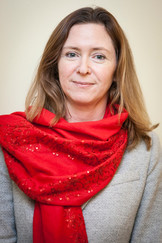
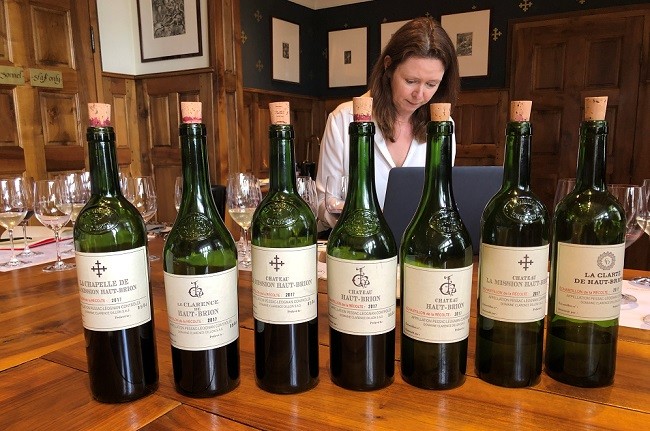
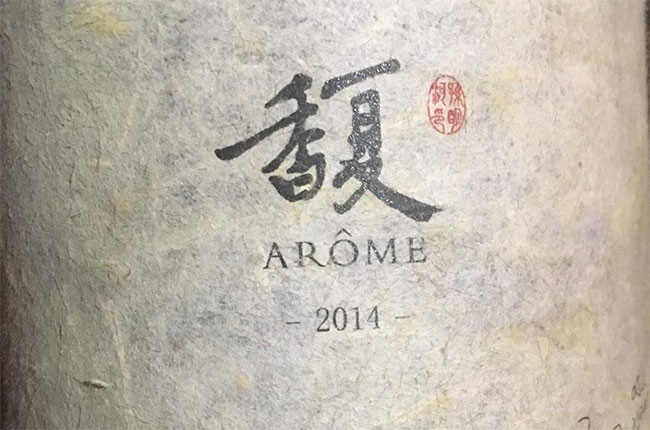
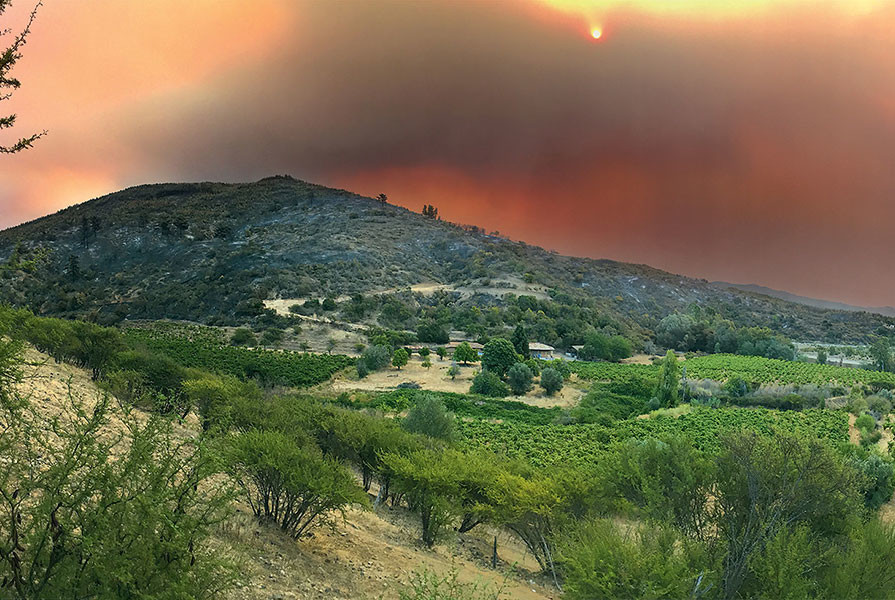
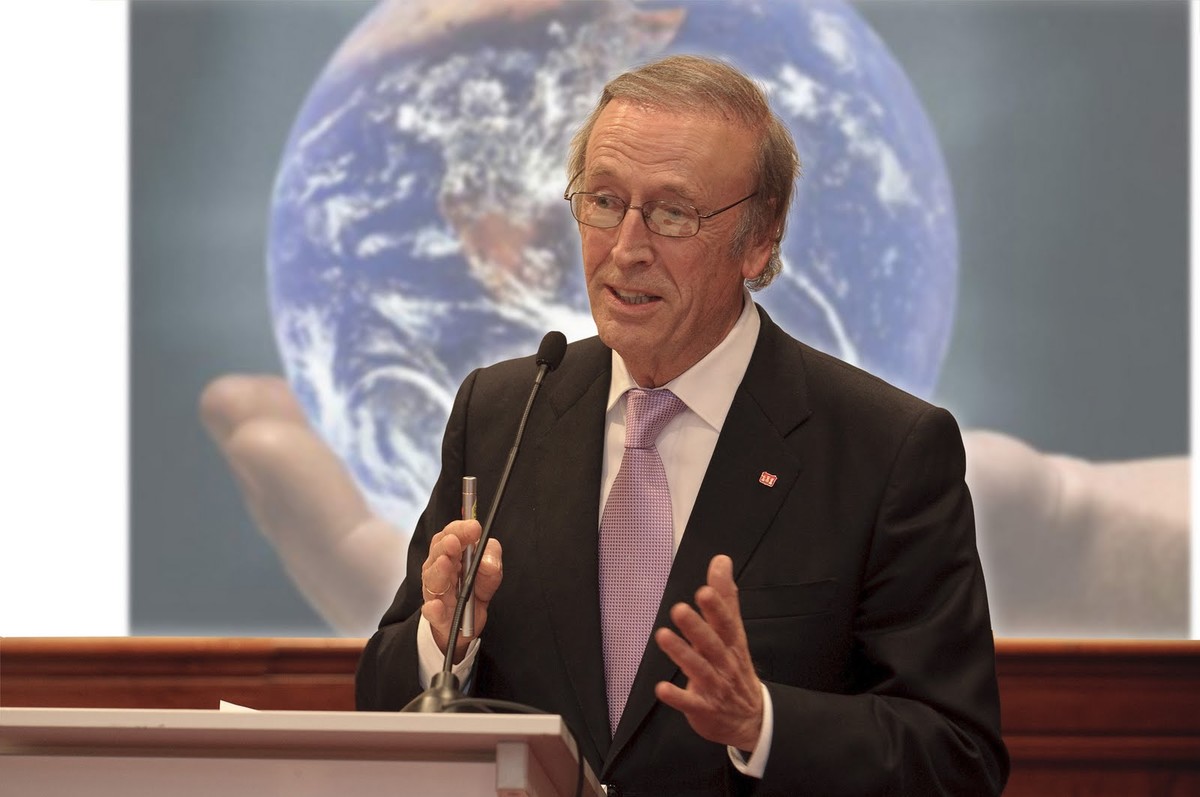
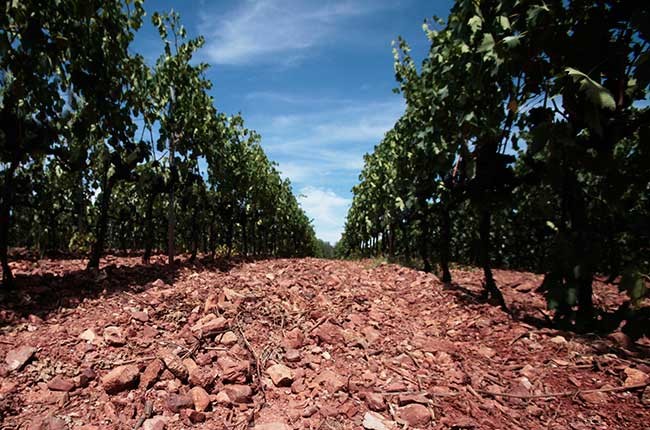
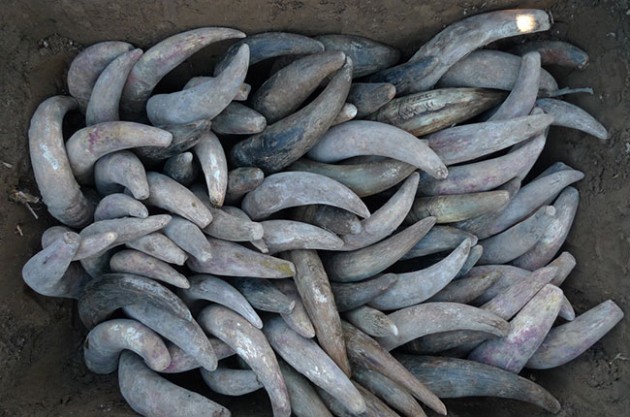
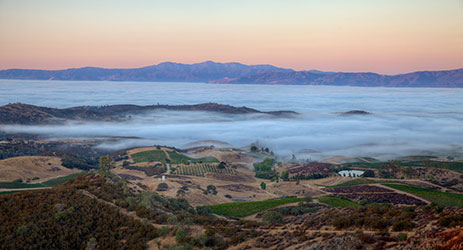
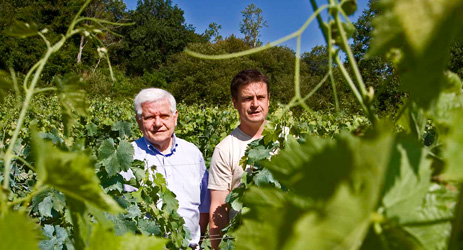
Comments
Submit